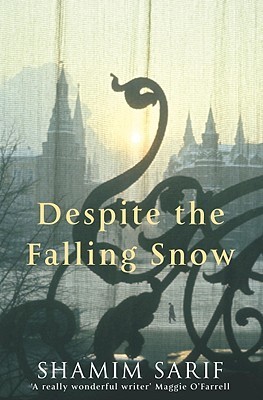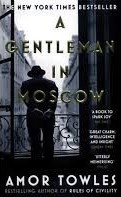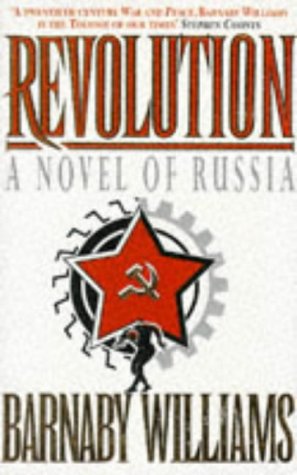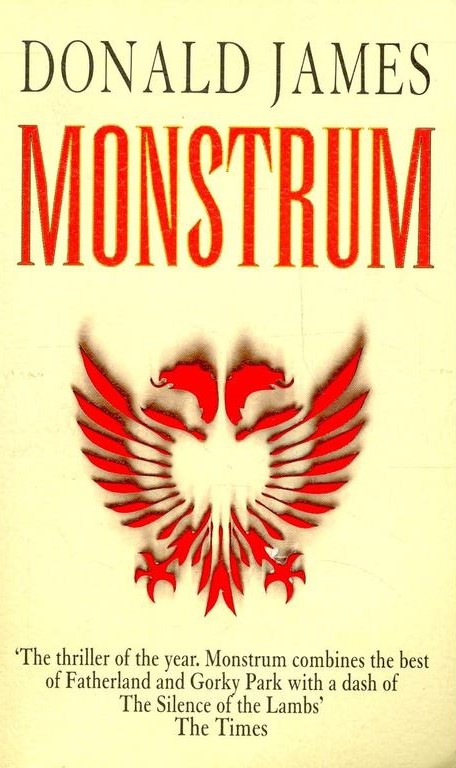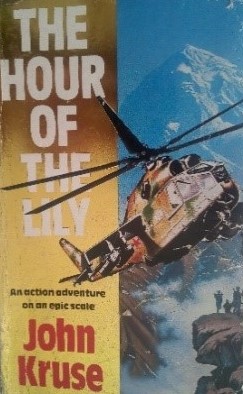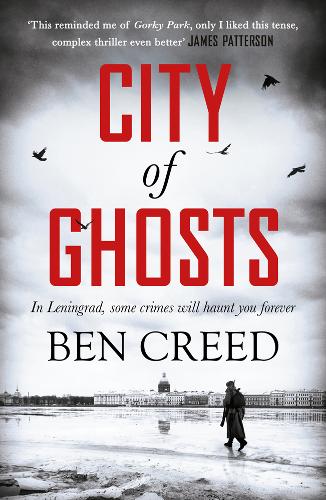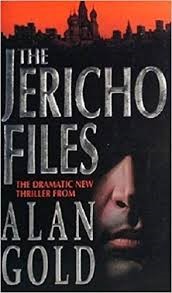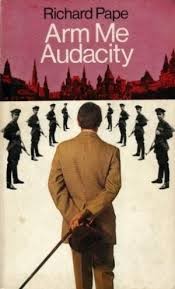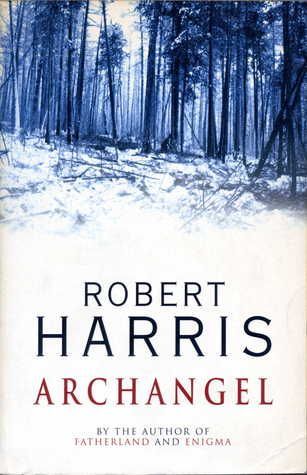
Like the book reviewed immediately before this one (Shamim Sarif’s Despite the Falling Snow, 2004), Robert Harris’s Archangel is a novel largely set in the 1990s that can legitimately be tagged as Stalin-themed.
Whereas Despite the Falling Snow focuses on the personal impact of Stalin on individuals, in Archangel Robert Harris develops his plot on the national level, drawing on the hopes of a significant minority of Russians —and the fears of the rest— that the economically depressed and internationally diminished Russia of the mid-1990s might be ‘saved’ by the emergence of a Stalin-like figure ruthlessly committed to restoring former greatness.
Archangel is a classy page-turner of a thriller. But why Russia-in-Fiction particularly enjoyed it also has much to do with its early set-up bearing close affinity to our own experiences in the Russia of the early 1990s.
Continue reading